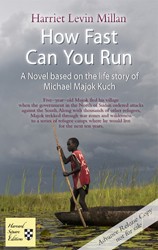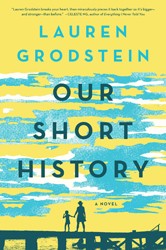The strength of Sam Lipsyte’s third novel, The Ask, is the narrator’s brand of cynicism that enlarges and coheres the snickering jokes intoned by New Yorkers and New Yorker subscribers all over America. Milo, the conditionally re-employed development officer, skewers the fibers of urban professional life— Whole Foods, gentrifying neighborhoods that resemble the UN, blogging. The book moves quickly, pulling the reader in with laugh out loud insights, but at times the plot is weak, even as Lipsyte incorporates themes of fate, fatherhood, and love. Recurring tropes include Jewish jokes and heterosexual male desire for all female characters.
Lipsyte is clever with language; The Ask is peppered with his signature looped semantic phrases that seem to embody his world outlook— that our penchant for merrymaking, irony, and meaning-seeking is ultimately a joke on us, a trap we weave for our TV-weakened souls. “I was tired of the semantic evasions, mine included,” he writes. His way with words reaps rewards: “The box score stayed in my wallet, or the wallet of my heart, so to speak, a smeared and origamied scrap to remind me how little I resembled the man I figured for the secret chief of my several selves.”
The downward spiral of Milo’s life suggests that humor and semantic evasions offer no real hope, just chuckles. The comedy cuts through the collage of unsettling and trivial experiences that comprise our shared experiences, and gives shape to it, and to us.





